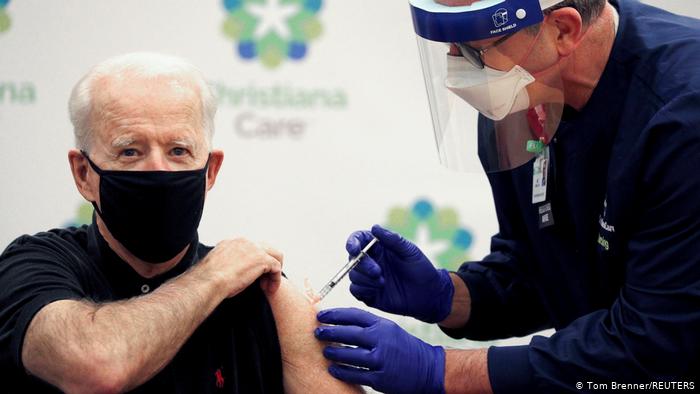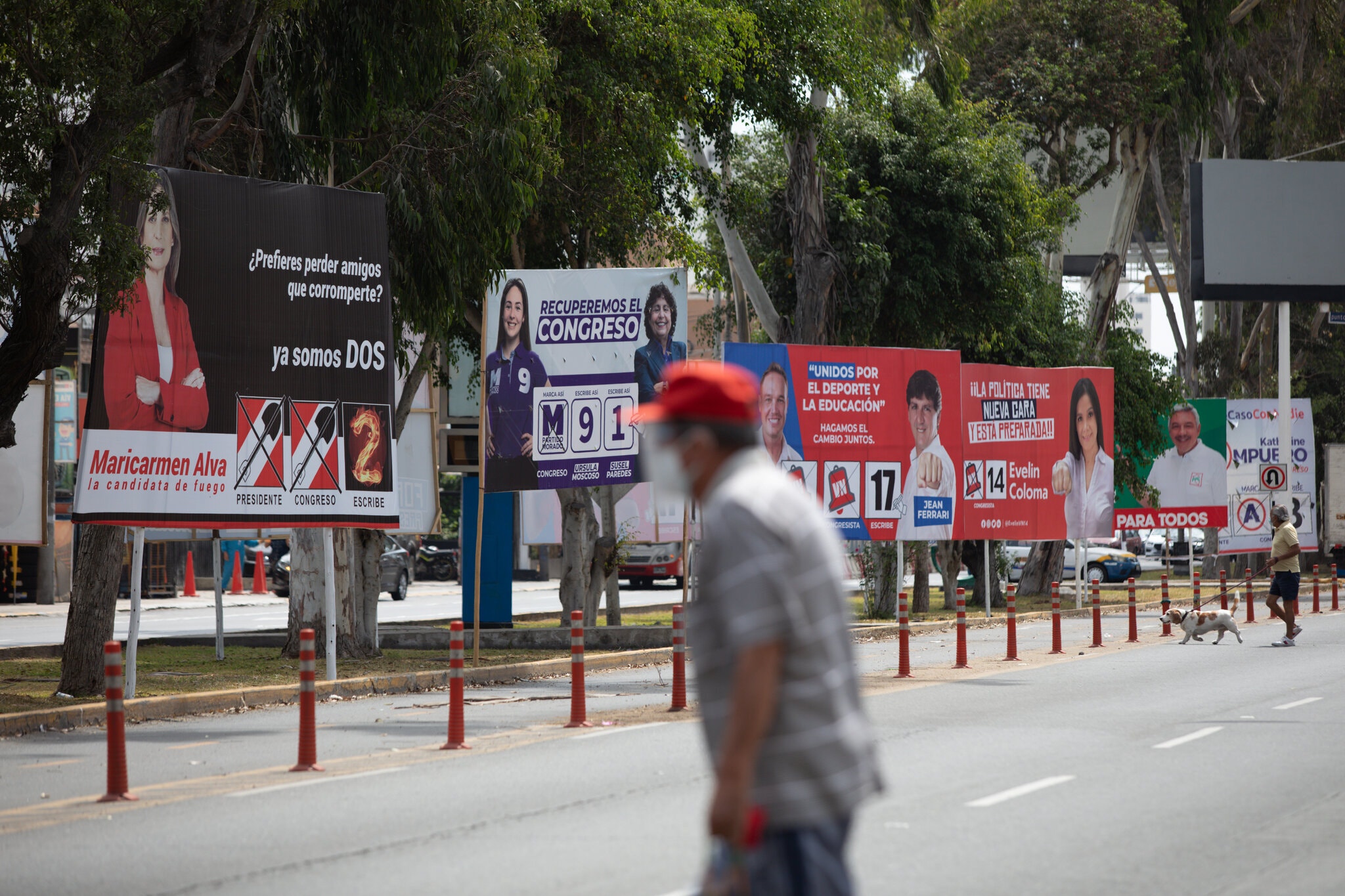On May 25, 2020, George Floyd, a 46-year-old Black man from the United States, was murdered. He had been arrested in Minneapolis, Minnesota, on suspicion of using a counterfeit twenty-dollar bill.
After being handcuffed and forced face-down on the ground, Derek Chauvin, a white police officer of the Minneapolis Police Department, knelt on his neck with his knee for nine minutes and 29 seconds. For part of those nine and a half minutes, two of his colleagues also knelt on Floyd’s back.
Prior to being forced to the ground, Floyd had complained about having difficulties breathing. He became more distressed after being restrained and continued complaining while Chauvin knelt on his neck. He clearly expressed the fear he was about to die by repeating “Please, I can’t breathe.” Despite another police officer finding no pulse when urged to check, Chauvin refused to lift his knee until medics told him to do so.
Several bystanders, including 17-year-old Darnella Frazier, took videos of the scene, which was broadcasted massively on social media. The video triggered a wave of protests in the United States and in the rest of the world. These protests put police brutality, police racism, and the lack of accountability for their actions under the spotlight.
The next morning, after videos of the scene went viral, Chauvin and the three other officers were dismissed from the police force. The two autopsies realized by the county’s medical examiner concluded George Floyd’s death to have been caused by homicide.
Chauvin was charged with second degree unintentional murder, third-degree murder and second-degree manslaughter. The three remaining officers were charged with aiding and abetting second-degree murder.
Chauvin’s trial began on March 8, 2021 while the trial of the other three officers is scheduled to begin August 23, 2021.
During these past few weeks, the two parties have been exposing their arguments and called witnesses and experts to testify on the stand. The defense only called seven witnesses versus thirty-eight for the prosecution, given that they have the burden of proof.
According to the prosecution’s expert, Dr. Martin Tobin, a pulmonary specialist, Floyd’s death was the result of oxygen deprivation caused by his handcuffed position and Chauvin kneeling on Floyd’s neck and back.
On the other hand, the defense’s expert, Dr. David Fowler, a former Maryland chief medical examiner, advanced other possible causes of death. He argued that the death of George Floyd was due to heart rhythm disturbance caused by a heart disease. Fowler testified on Wednesday that the fentanyl and methamphetamine in Floyd’s system contributed to his death.
Fowler also underlined the presence of carbon monoxide from the tailpipe of the police’s car, which was parked near where he was laid on the ground. He claimed that this could have poisoned him and led to his death. Fowler added that in his view, the cause of death should be classified as “undetermined” rather than as a homicide.
The prosecution started an aggressive cross-examination of Fowler’s findings and got the latter to acknowledge that arrhythmia can also be a result of oxygen deprivation, which was the case for Floyd.
They also called back their expert, Tobin, to the stand on Thursday morning. He testified that the test results of the oxygen saturation in Floyd’s blood proves that there was no more than two percent of carbon monoxide in his system. This is considered to constitute an insufficient amount for him to be poisoned by the substance.
The prosecution and defense announced Thursday morning that they will rest as no other witnesses will be called on their parts. Chauvin refused to testify, using his fifth amendment right to not incriminate himself.
Judge Cahill urged the jury before retiring to be “absolutely impartial” and to “look at the evidence, weigh it and apply the law”.
On April 20, after only one day of deliberation, the jury found Derek Chauvin to be guilty on all three accounts he was accused of: second-degree unintentional murder, third-degree murder, and second-degree manslaughter. His sentencing will take place in the next few weeks. Currently, in the United States, less than two percent of police officers who are involved in the death of civilians are arrested each year.







